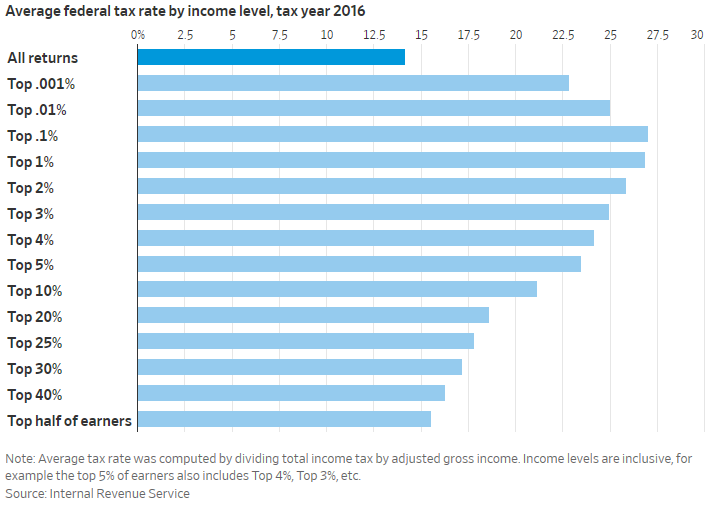Perhaps, but perhaps strategically disastrous. British Prime Minister Boris Johnson asked the queen to prorogue the current parliament, and the queen agreed, in order to block it from blocking him from taking Great Britain out of the European Union on schedule 31 October without a deal in the likely event that the EU continues its intransigence in negotiating. Prorogation is the formal end of an existing session of Parliament, and normally it’s done just prior to the beginning of the next session, to clear the decks for that session.
The current prorogation would run until 14 October, at which point the Queen’s Speech, which would reconvene Parliament, would lay out her (the PM’s) agenda for the new session. Existing bills, including those currently planned to interfere with Brexit, cease to exist with the prorogation; although, they could be reintroduced—to take their turn in the queue in those two remaining weeks.
There are a couple of reasons why Johnson’s move might be tactically sound. Parliamentary sessions normally last for one year; however, the current Parliament has sat [sic] since June 2017, more than two years. It’s time for this feckless band to get out of the way, go home, and contemplate their navels.
That brings up the second reason: prorogation would prevent this Parliament from blocking Johnson’s effort to bring the nation out of the EU with no further delay and associated economic uncertainty—and that uncertainty’s follow-on deleterious effects on the British weal.
The longer question that arises is whether prorogation is a strategically sound move. It’s very likely that prorogation will result in an on-time departure from the EU, with or without a deal governing the terms of the exit. However, it’s entirely possible that the associated hue and cry will lead to new elections (possibly triggered by a successful no-confidence vote in November) and a new, non-Tory government installed.
That government is very likely to go, hat twisting in hand, to Brussels and beg for reentry into the EU. What then?
What would be the result on British sovereignty; British economic and political welfare; indeed, British self-respect in such an eventuality?
Even if that new government doesn’t go begging (or even if it does), what else could happen? The alternative to a Johnson-led Tory, sort-of conservative, government is a Corbyn-led Labour government. That means the prosperity of a limited (relatively, within the constraints of present British concepts) government that Margaret Thatcher made so much progress toward and that Johnson would seek to preserve and extend would be entirely undone by the destructively socialist government that Corbyn would install.
What then of British economic and political welfare; of British self-respect?
Still, Johnson’s move is worth the risk, for the sake of British sovereignty.

